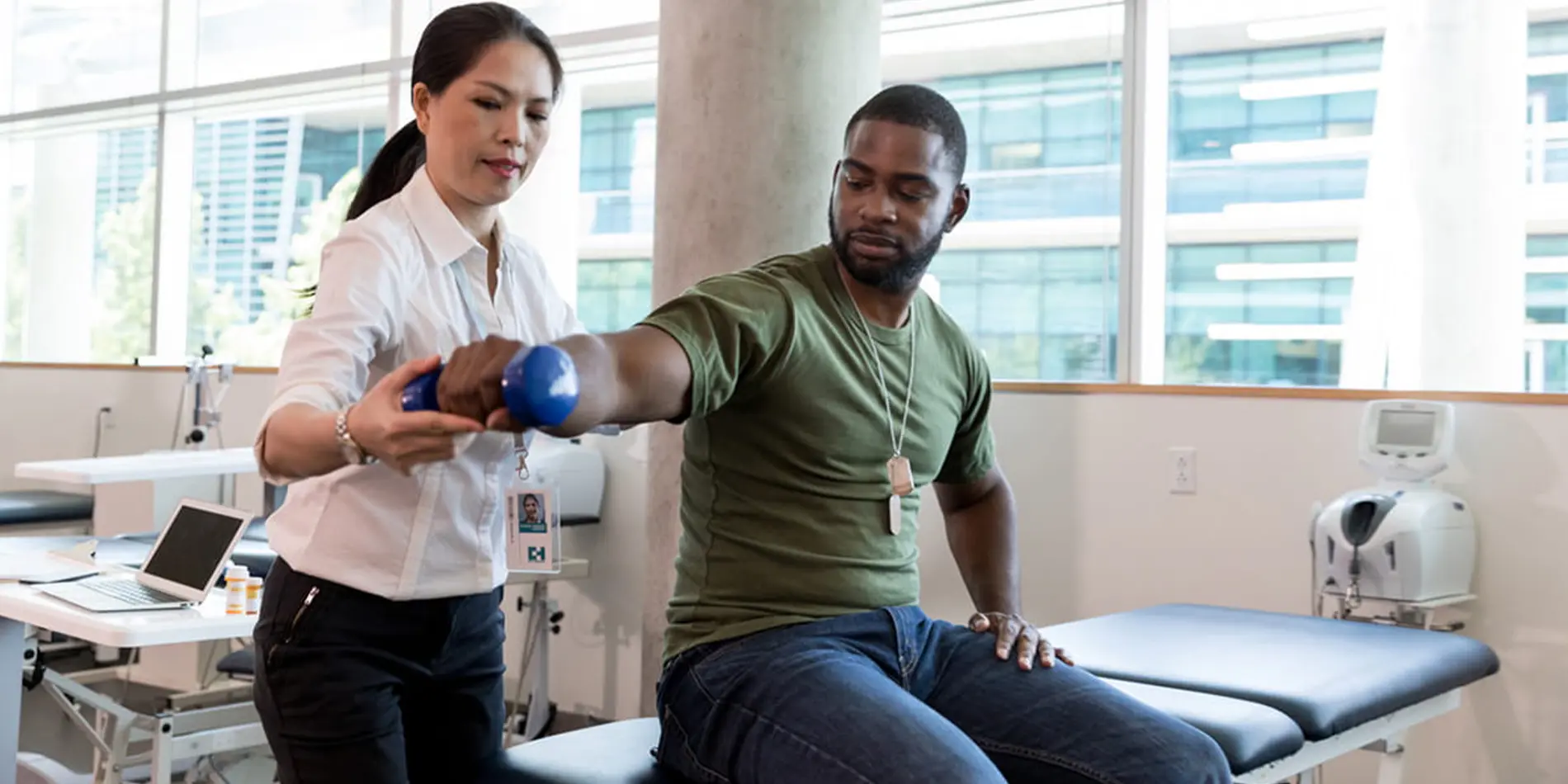Empowering Healing Via Cardiopulmonary Physical Treatment in the Process of Post-Surgical Rehabilitation
Empowering Healing Via Cardiopulmonary Physical Treatment in the Process of Post-Surgical Rehabilitation
Blog Article
Cardio-pulmonary physiotherapeutic treatment serves a crucial role in helping individuals recover after surgery, especially for those who have experienced operations affecting the heart and pulmonary system. Healing from an operation can be a difficult journey, frequently accompanied by discomfort, fatigue, and limited movement. Yet, with the appropriate strategy and assistance, individuals can restore their vitality and enhance their general health. This type of therapy focuses on enhancing the function of the heart and lungs, which is essential for a favorable recovery.
One of the main goals of cardiopulmonary physiotherapeutic treatment is to enhance heart and lung endurance. After surgery, patients may face reduced endurance, making daily activities feel more exhausting. Through a carefully structured fitness program, therapists guide patients in incrementally boosting their activity levels. This may include activities such as ambulating, bicycling, or specific breathing exercises. These activities not only help build power but also boost lung capacity, which is vital for ensuring that the body gains enough air.
Additionally, cardiopulmonary physiotherapeutic therapy emphasizes the importance of respiratory techniques. Many surgical individuals may find it difficult with deep breathing due to pain Learn More Here or restricted movement. Therapists teach individuals how to execute deep breathing exercises, which can help increase the lungs and eliminate any secretions that may have built up during the recovery process. Appropriate respiratory techniques are crucial to avoid complications such as pneumonia, which can occur if the pulmonary system are not operating optimally. By focusing on these methods, patients can enhance their healing and overall lung health.
Another key component of this type of therapy is instruction. Therapists provide valuable information about the recovery journey, including what individuals can expect during recovery. They explain how to recognize danger signs that may signal complications, helping patients feel more in control of their well-being. Comprehending the importance of physical activity in recovery allows patients to take an engaged part in their recovery journey. This enablement is crucial for building confidence and promoting a constructive perspective during healing.
In summary, cardio-pulmonary physical therapy is an essential aspect of post-surgical rehabilitation for individuals experiencing cardiac and pulmonary procedures. By focusing on improving cardiovascular endurance, teaching breathing methods, and offering knowledge, physical therapists enable individuals to take control of their recovery. This specialized therapy not only aids in physical healing but also supports emotional well-being, making the process of healing easier and more bearable. With the appropriate assistance and direction, individuals can effectively regain their vitality and go back to their regular activities.